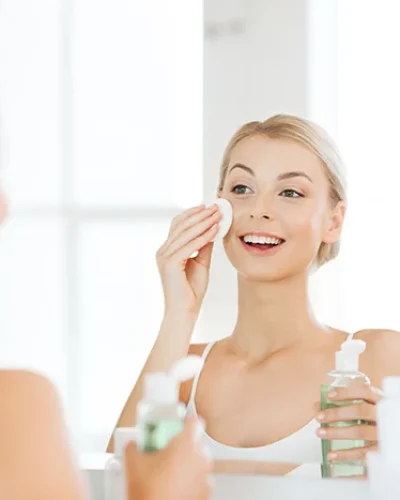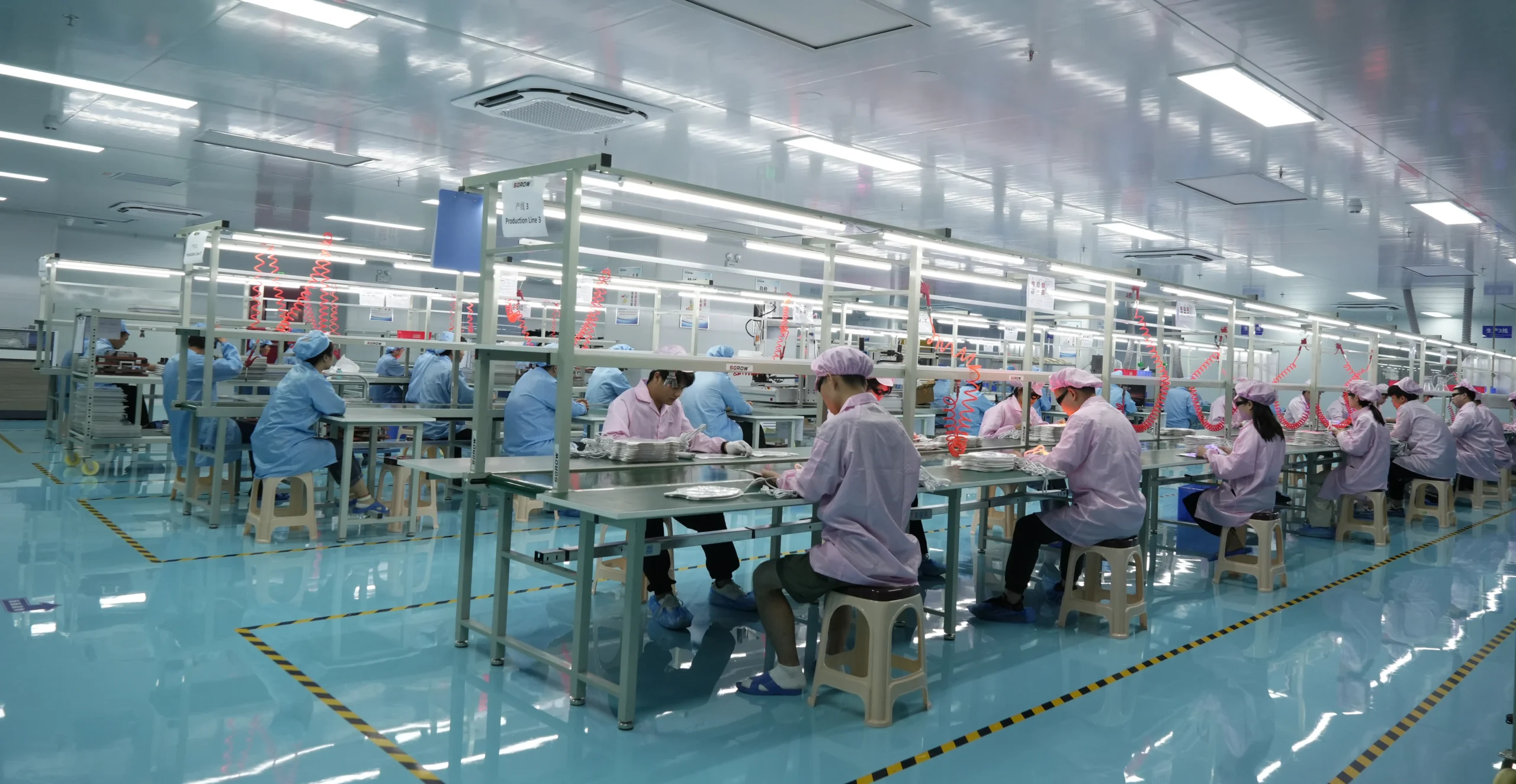Por que a terapia da luz LED pode ser tão eficaz para a pele quanto produtos para a pele?
When we think of skincare, most of us picture a lineup of familiar products: cleansers, toners, soros, hidratantes, and sunscreen. For more targeted routines, there are antioxidants like vitamin C, hydrating ingredients such as hyaluronic acid and ceramides, anti-aging actives like retinol and peptides, and brightening agents like niacinamide or azelaic acid.
These products do make our skin feel better. Applied on the surface, they hydrate, strengthen the barrier, fight free radicals, or boost collagen production. In other words, skincare works “from the outside in.”
But light works differently—and that’s why LED light therapy has become such a rising star in dermatology and aesthetics.
Light and Skin: Not a New Concept
We’ve always known that light affects our skin. The clearest example? The sun tans (and ages) our skin. This comes from ultraviolet rays:
UVA (320–400 nm) stimulate melanin production and trigger photoaging.
If certain wavelengths can harm the skin, then it makes sense that other specific wavelengths can heal or rejuvenate it. This is exactly the principle behind LED light therapy: controlled, targeted light for skin benefits.
Luz vermelha (630–660 nm): Stimulates fibroblasts in the dermis, boosting collagen and elastin for firmer, smoother skin.
Luz azul (~415nm): Works on the surface to reduce acne-causing bacteria.
Near-infrared (~830 nm): Penetrates deeper, improving circulation and accelerating tissue repair.
Ao contrário da luz solar, which is broad-spectrum and damaging, LED therapy delivers precise wavelengths with therapeutic intent.

Why Light Therapy Complements Skincare
Even the best skincare faces a limitation: most ingredients only affect the skin’s outer layers. Penetration is shallow, and results depend on consistent topical use.
Luz, no entanto, penetrates deeper and directly stimulates cells, essentially activating the skin’s “internal repair system.” This is why dermatologists emphasize that LED light therapy and skincare aren’t replacements for each other—they’re partners.
Light therapy acts as the “ignition switch,” energizing cells and jump-starting repair from within.
Skincare acts as the “fuel,” supplying hydration, nutrients, and protection on the surface.
Junto, they create a synergy that often feels like 1 + 1 > 2. Por exemplo:
Red light boosts collagen production, while pairing it with vitamin C or peptide serums enhances firmness and reduces fine lines more effectively.
Blue light calms acne by targeting bacteria, and combining it with soothing or anti-inflammatory skincare reduces redness and scarring faster.
Related reading
Escolhas de cuidados com a pele após a luz azul LED e tratamentos de luz vermelha
Pensamentos finais
Skincare provides comfort, hidratação, and protection on the outside. LED light therapy awakens the skin’s vitality from the inside. When combined, they offer a truly powerful approach—helping the skin glow from both directions.




